This article was originally published by Ramon Tomey at Natural News.
Authorities in the European Union (EU) recently approved the inclusion of insects in various forms in different food items.
According to a report by the Olive Oil Times, the European Commission (EC) approved on Jan. 6 the use of house crickets (Acheta domesticus) in powdered form as an ingredient for several food items. The go signal from the EC was in response to a 2019 application filed by the Vietnam-based insect protein company Cricket One. Food producers can now include partially de-fatted and powdered A. domesticus following the move.
The EC permitted the addition of cricket powder in the following food items – pizzas; pasta-based products; nuts and oilseeds; snacks and sauces; meat preparations and soups; multigrain bread and rolls; crackers and bread sticks; cereal bars; dry premixes for baked products; biscuits and processed potato products; legume- and vegetable-based dishes; whey powder; maize flour-based snacks; beer-like beverages; and chocolate confectionery.
The commission’s positive response to Cricket One’s application was backed up by the scientific opinion of the European Food Safety Authority (EFSA), which verified and approved the safety of the new powder.
The BIGGEST Lie Most People Still Believe
The EU’s food regulator also approved the powder production process, which begins with a 24-hour fasting period for the crickets. The insects are then frozen, washed, and thermally processed. The resulting product is then processed once more to remove oils and then transformed into dried-up powder.
Also on Jan. 6, the EC approved the introduction of lesser mealworm (Alphitobius diaperinus) larvae – in frozen, paste, dried, and powdered form – to the consumer food market. The EFSA likewise deemed lesser mealworms as safe for human consumption. Aside from being an ingredient, A. diaperinus will also be used as a food supplement.
The new regulations regarding A. domesticus and A. diaperinus will take effect by the end of January. Food containing these insect products, however, will require appropriate labels. Some researchers believe these food items could cause reactions in consumers allergic to mollusks, crustaceans, and dust mites.
Insect consumption aligns with globalist WEF’s goal
The two insect preparations will join the list of insect foods approved by the EC – including the larvae of the yellow mealworm beetle (Tenebrio molitor) and dried migratory locust (Locusta migratoria) powder. Moreover, eight other insect products are still being evaluated by the commission.
According to the EC’s website, “the consumption of insects … contributes positively to the environment, to health and [to] livelihoods.” It noted that insects “are a highly nutritious and healthy food source with high fat, protein, vitamin, fiber and mineral content. Therefore, they are an alternative protein source facilitating the shift towards healthy and sustainable diets.”
The commission’s espousal of insects as food mirrors that of the World Economic Forum (WEF). The globalist group under the leadership of its founder Klaus Schwab has been pushing for the consumption of insects instead of meat which, it alleges, is “bad for the climate.” (Related: UN, WEF push for insect meat consumption amid massive attack on global food supply.)
A July 2021 article on the WEF’s website touted the supposed benefits of insects over conventional protein sources, outlining several reasons why.
First, it argued that insects require “fewer resources than conventional breeding.” The piece continued: “Studies suggest that for the same amount of protein produced, insects – mealworms in particular – require much less land than other sources of animal proteins. A study on crickets suggests they are twice as efficient in converting feed to meat as chicken, at least four times more efficient than pigs and 12 times more efficient than cattle.”
It also pointed out that raising insects for human consumption is “more sustainable,” arguing that “insect rearing is less expensive than conventional farming in terms of CO2, water, surface area, and raw materials.”
Watch this video warning against the consumption of crickets due to the presence of parasites inside them.
This video is from the YAHZWILL YAHUDAH channel on Brighteon.com.

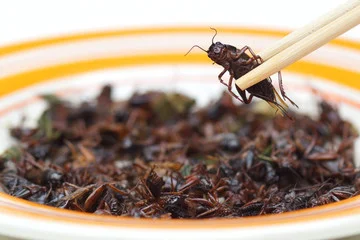

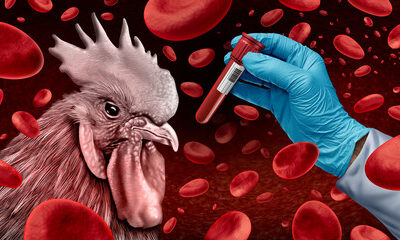
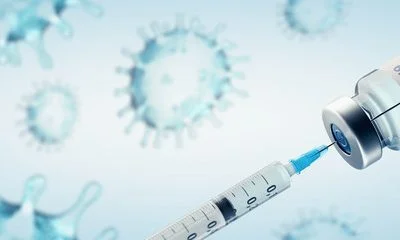
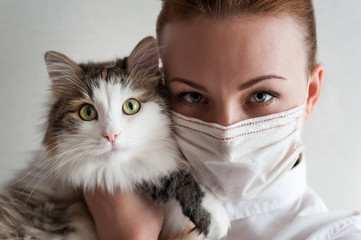
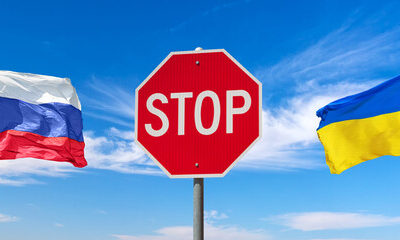




Comments